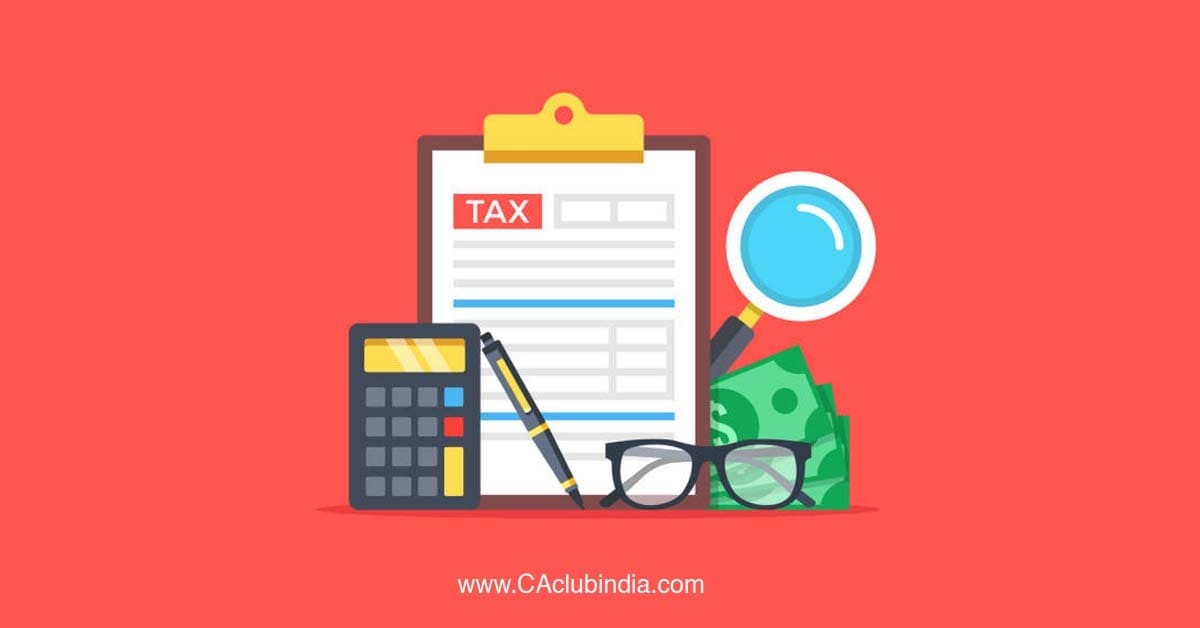Most of us would be knowing about and have been claiming a rebate under section 87A of Income Tax Act, 1961. But very few of us would be fully aware about the controversial implications of new drafted proviso (b) to this section which is effective from AY 2024-25.
Let's see the Section 87A of Income Tax Act, 1961 first.
Rebate of income-tax in case of certain individuals
87A. An assessee, being an individual resident in India, whose total income does not exceed five hundred thousand rupees, shall be entitled to a deduction, from the amount of income-tax (as computed before allowing the deductions under this Chapter) on his total income with which he is chargeable for any assessment year, of an amount equal to hundred per cent of such income-tax or an amount of twelve thousand and five hundred rupees, whichever is less.
Following proviso shall be inserted in section 87A by the Finance Act, 2023, w.e.f. 1-4-2024 :

Provided that where the total income of the assessee is chargeable to tax under sub-section (1A) of section 115BAC, and the total income—
(a) does not exceed seven hundred thousand rupees, the assessee shall be entitled to a deduction from the amount of income-tax (as computed before allowing for the deductions under this Chapter) on his total income with which he is chargeable for any assessment year, of an amount equal to one hundred per cent of such income-tax or an amount of twenty-five thousand rupees, whichever is less;
(b) exceeds seven hundred thousand rupees andthe income-tax payable on such total income exceeds the amount by which the total income is in excess of seven hundred thousand rupees, the assessee shall be entitled to a deduction from the amount of income-tax (as computed before allowing the deductions under this Chapter) on his total income, of an amount equal tothe amount by which the income-tax payable on such total income is in excess of the amount by which the total income exceeds seven hundred thousand rupees.
Now consider this Example-1 in which net taxable income is Rs. 6,90,000 and ultimate tax liability comes of Rs. 18,200
|
Particulars |
Example - 1 |
|
Pension / Salary before standard deduction |
5,00,000 |
|
Short Term Capital Gain u/s. 111A @15% |
1,00,000 |
|
Long Term Capital Gain u/s. 112A @10% |
40,000 |
|
Long Term Capital Gain u/s. 112 @20% |
1,00,000 |
|
Family Pension |
0 |
|
Other Normal Rated Income |
0 |
|
Actual Total Income |
7,40,000 |
|
Less: Standard Deduction from Salary/Pension |
50,000 |
|
Less: Standard Deduction from Family Pension |
0 |
|
Net Taxable Income |
6,90,000 |
|
Normal Rate Taxable Income [A] |
4,50,000 |
|
Special Rate Taxable Income (Before upto Rs. 1 Lakh deduction u/s. 112A) [B] |
2,40,000 |
|
Tax @ Normal Rate on [A] |
7,500 |
|
Tax @ Special Rate @10% (After upto Rs. 1 Lakh deduction u/s. 112A) |
0 |
|
Tax @ Special Rate @15% |
15,000 |
|
Tax @ Special Rate @20% |
20,000 |
|
Rebate u/s. 87A |
25,000 |
|
Tax after Rebate |
17,500 |
|
Cess @4% of "Tax After Rebate" |
700 |
|
Net Tax (Effective Tax) |
18,200 |
But if someone is having an income as per the following scenario in which only other source income of Rs. 11,000 is added, the ultimate tax liability comes down to the amount of Rs. 1,040 only. See the line to line comparison in the following table.
|
Particulars |
Example - 1 |
Example - 2 |
|
Pension / Salary before standard deduction |
5,00,000 |
5,00,000 |
|
Short Term Capital Gain u/s. 111A @15% |
1,00,000 |
1,00,000 |
|
Long Term Capital Gain u/s. 112A @10% |
40,000 |
40,000 |
|
Long Term Capital Gain u/s. 112 @20% |
1,00,000 |
1,00,000 |
|
Family Pension |
0 |
0 |
|
Other Normal Rated Income |
0 |
11,000 |
|
Actual Total Income |
7,40,000 |
7,51,000 |
|
Less: Standard Deduction from Salary/Pension |
50,000 |
50,000 |
|
Less: Standard Deduction from Family Pension |
0 |
0 |
|
Net Taxable Income |
6,90,000 |
7,01,000 |
|
Normal Rate Taxable Income [A] |
4,50,000 |
4,61,000 |
|
Special Rate Taxable Income (Before upto Rs. 1 Lakh deduction u/s. 112A) [B] |
2,40,000 |
2,40,000 |
|
Tax @ Normal Rate on [A] |
7,500 |
8,050 |
|
Tax @ Special Rate @10% (After upto Rs. 1 Lakh deduction u/s. 112A) |
0 |
0 |
|
Tax @ Special Rate @15% |
15,000 |
15,000 |
|
Tax @ Special Rate @20% |
20,000 |
20,000 |
|
Rebate u/s. 87A |
25,000 |
42,050 |
|
Tax after Rebate |
17,500 |
1,000 |
|
Cess @4% of "Tax After Rebate" |
700 |
40 |
|
Net Tax (Effective Tax) |
18200 |
1040 |
This awkward situation of "lower amount of tax with a higher amount of income" arises, because of the drafting mistake in newly inserted proviso (b) to section 87A of Income Tax Act, 1961.
In this situation, the tax evaders may show such an additional income voluntarily and can claim higher amount of rebate. This would result into (1) a loss to the government exchequer and (2) an Injustice with the honest taxpayers.
So, government should amend the above referred proviso (b) in such a manner that the maximum rebate amount can not exceed Rs. 25,000 in any case.









 CAclubindia
CAclubindia
